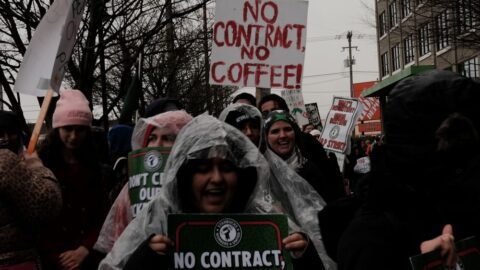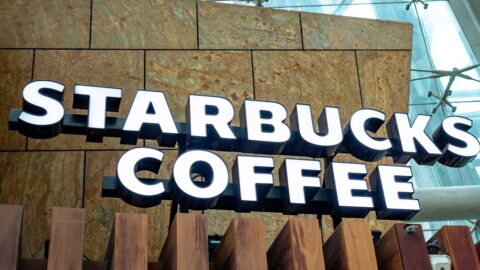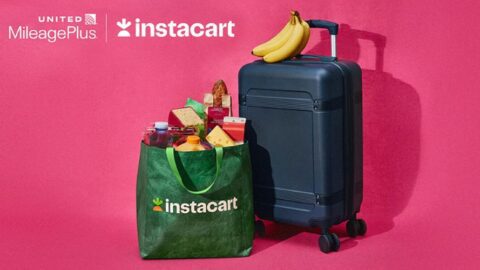Starbucks will provide Nestlé with the right to distribute its coffee and tea products in a deal valued at approximately $7.2 billion. Starbucks will retain a significant stake as licensor and supplier of roast and ground coffee, as well as certain other products.
Starbucks operates over 28,000 locations worldwide, but this partnership will bring the brand to regions where its retail presence is weak. The chain operates 60% of its cafés in the Americas, 11% in Europe, the Middle East and Africa, and 28% in China and the Asia Pacific region.
Awareness of Starbucks’ presence at fast-moving consumer goods retailers is “nascent in all countries outside of North America,” said Kevin Johnson, President and CEO of Starbucks in a conference call with investors. Putting Starbucks products on Nestlé platforms, including Nespresso and Dolce Gusto single-serve machines, will serve as a brand amplifier for Starbucks as a whole.
“We also recognize the longer-term benefits of its relationship with Nestlé, which include greater global reach of Starbucks packaged products, including the Nespresso platform that should help to further strengthen the Starbucks brand internationally,” said Bill Fahy, Moody’s Senior Credit Officer in a report provided to Retail TouchPoints.
Some analysts expressed concern that the partnership could be negative. Starbucks ended up paying Kraft $2.76 billion in damages in 2013 after the company cancelled a contract between them two years earlier, according to Reuters. Starbucks had accused Kraft of multiple material breaches of contract, including mismanagement of the brand.
“It’s not that Nestlé would do anything to purposely hurt Starbucks,” wrote Richard Kestenbaum, Co-Founder and Partner at Triangle Capital LLC in an opinion piece for Forbes. “I don’t believe they’d do that. But they have less of an incentive to defend the brand, to keep its position secure, to be creative about how to advance the brand’s position. They have a big incentive to push out as much coffee into the channel regardless of what that does to the brand.”
Johnson defended the deal, noting that Nestlé has a “long, long heritage in coffee,” and that the beverage is core to the manufacturer’s business. Additionally, the scope of the partnership is global, whereas previous relationships with outside parties had focused on regional distribution.
Deal Boosts Nestlé’s Commitment To Coffee
In recent years, Nestlé has been shedding certain food brands in favor of its health care and nutrition business. The food manufacturer sold its iconic U.S. confectionary business to Ferrero in January 2018, and partially offloaded its European frozen food business in Froneri, a frozen food joint venture created in April 2016 with R&R Ice Cream.
However, the company has continued making inroads in the specialty coffee market: Nestlé holds a majority stake in Blue Bottle Coffee, which operated 55 retail cafés at the end of 2017. Outside the U.S., Nestlé maintains a retail presence through Nespresso, which has a footprint of over 700 cafés. The brand’s e-Commerce sites provide next-day delivery in 29 countries.
The agreement between Starbucks and Nestlé is subject to customary regulatory approval and is expected to close this summer or early fall. It excludes ready-to-drink coffee, tea and juice products.












